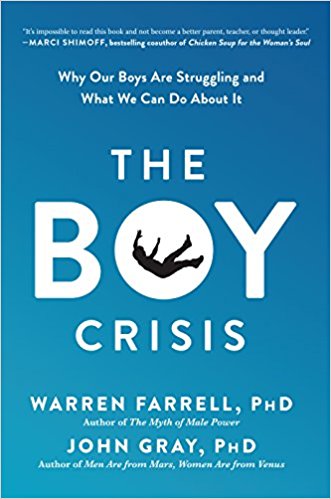![]()
Under 18, and pregnant by design
Globe and Mail, by Siri Agrell, June 26, 2008
For many people, the narrative of teenage pregnancy seems fairly set: A young girl has sex, misses her period, takes a surreptitious pregnancy test and receives the shocking news.
She then must decide whether to terminate the pregnancy or carry the child to term, both options often devastating to deal with. But there is another scenario that is alive and well, despite decades of access to sex education and contraception: Some teenage girls welcome the news.
"I think one thing that people don't realize is that there's definitely some girls [who] intend to get pregnant," said Sharon Lorber, a social worker who runs the Young Families Program at Toronto's Hospital for Sick Children. Over the past 25 years, the percentage of planned teen pregnancies has stayed steady. Last week, Time magazine reported that 17 girls, none older than 16, are expecting babies at Gloucester High School in a small fishing town outside Boston.
While news of the group focused on contested reports of a "pregnancy pact," in which the girls allegedly planned to get pregnant together, the story offers insight into a group of young women who see pregnancy as a calling, not a mistake.
"They're so excited to finally have someone to love them unconditionally," Amanda Ireland, an 18-year-old who had a baby while attending Gloucester, told the magazine.
In Canada, where the birth rate among teens is 13.6 per 1,000, experts estimate about 20 per cent of teen pregnancies are wanted. In the United States, where teen pregnancies are three times higher and a lack of sex education leads to more unwanted pregnancies, about 12 per cent are planned.
So why do some young people see parenthood as an appealing option, and how can adults dissuade them of the notion?
This week, NBC debuted a reality show called The Baby Borrowers, in partnership with The National Campaign to Prevent Teen and Unplanned Pregnancy.
The show, whose tag line is "It's not TV, it's Birth Control," entrusts five teenaged couples with the care of an infant, a toddler, a teen and, later, a senior citizen.
Modelled after a British show, The Baby Borrowers aims to show teens the reality of being moms and dads, from diaper changes and crying jags to separation anxiety and sullen moods.
Ms. Lorber said counsellors at SickKids try a similar approach with the one in five girls who attend their clinic due to a planned pregnancy.
This group does not respond to counselling that implies they've made a mistake, Ms. Lorber said. Instead, they are presented with the pros and cons of having a baby, the financial implications of parenthood, and the impact it has on housing, school, their family and friends.
But sometimes, teens cannot absorb such abstract adult issues, even when preparing to bring a new life into the world.
"Adolescence, developmentally, is such an egocentric time and it's difficult for them to think about the other," Ms. Lorber said.
But the girls who want to get pregnant share characteristics beyond teenage delusion.
They tend to have a lower socioeconomic status, she said, and have a history of teenage pregnancy in their families.
Many of them yearn for unconditional love absent in their own lives, are dating a boy more than five years older, are doing badly in school and believe that being a mother will give them status they otherwise lack.
"For some girls, no matter what you say or do, they will get pregnant and have the baby," Ms. Lorber said. "So our job is to support them in that and connect them to the community resources that will help them."
The best opportunity to change this mindset comes years earlier, says Debra Hauser, executive director of U.S.-based Advocates for Youth.
Desired pregnancies are "the no man's land of teenage pregnancy prevention," she said, but are generally regarded as an issue of low self-esteem and a perceived lack of options.
"The best contraception is hope," she said. "You need to believe that there's a reason to delay that pregnancy, even if it's just until you get out of high school."
To do this, there are various programs that encourage young girls to get involved in sports and other activities that teach them about their own abilities.
Ms. Hauser said adult role models also play a big role, and partnering a young girl with an older woman who believes in the girl's potential can have tremendous impact.
While most girls who want to get pregnant tend to come from low-income areas, Ms. Hauser said, there are exceptions to the rule.
"There are people who come from upper middle-class communities who have all the opportunities in the world but still feel that hole inside them that says they want a baby, something to love them," she said. "This sense of wanting to reorganize their lives and have something of their own is a very strong desire."
And for some teens, having a baby does truly turn them around, giving them the motivation to continue their education and try to improve their lives, she said.
In one episode of The Baby Borrowers, 18-year-old Sean hopes that his girlfriend, Kelsey, also 18, will change her mind about wanting to get pregnant.
"Doesn't this suck?" he asks her, smiling, as the infant in their care bawls.
"I just needed 24 hours with her," Kelsey says later. "I just know that definitely I'm not ready. I want to wait a little more. A lotmore."





